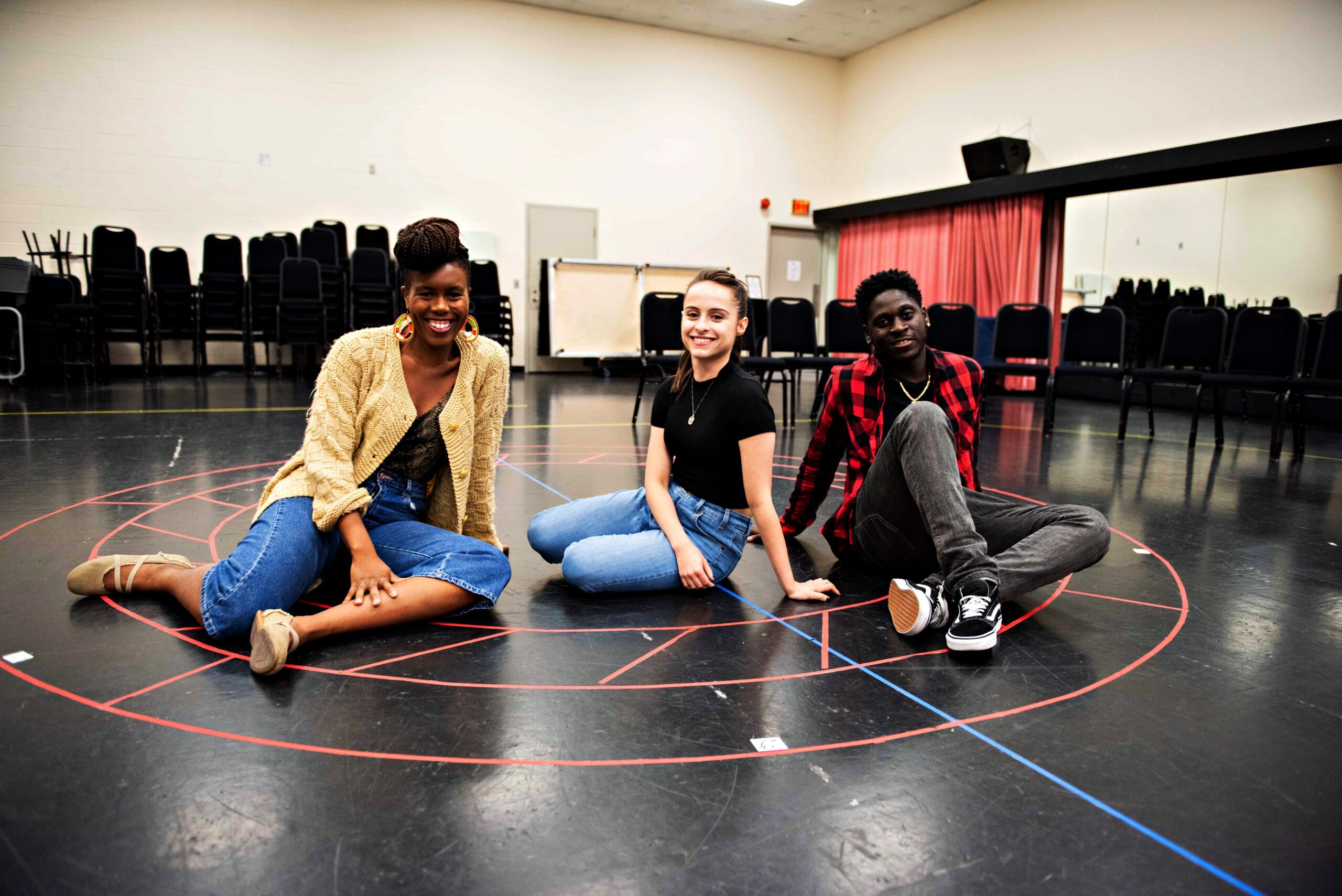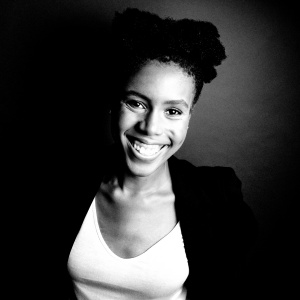A Not-So-Simple Truth
First truth: Amber and Tom are regular 18 year-olds in their first 6 weeks at an Ivy League college. (Also true: “regular” diminishes all the complexities of who they are.) Second truth: Amber and Tom meet, have a real personal connection, and decide to have sex. (Also true: the word “decide” is not so simple; especially when alcohol is involved.) Third truth: at some point, the lines of consent become blurry. (Also true: as Amber and Tom spend the duration of the play searching for truth in the complicity of their actions—as they detail over how events in the past led them to where they are now—the truth becomes very blurry.) As playwright Anna Ziegler says in her “Note on the Playing of the Characters,” at the beginning of the play Actually in which Tom and Amber are characters, the truth is, the truth is not just one thing.
Similarly, my relationship with this play is not just one thing. I am currently working alongside Philip Akin as Assistant Director on Harold Green Jewish Theatre Company’s production of Actually in association with Obsidian Theatre. Since the first time I read the play, I have been grappling with my own truth and complicity within it. It makes me question how it is that I got to the judgements (or non-judgements) that I am making on these characters in the terrible situation they are in. I question how I am able to sympathize with one side over the other (and which side that is changes from day to day, and moment to moment). The truth is not just one thing.

Kanika Ambrose and Tony Ofori in rehearsal for Actually. Photo by Cesar Ghisilieri.
You see, the characters in Actually are a black man and a white woman. Which puts me, on surface, in the middle of both of them. I am a black woman and, though I am not as young as these characters, I am in the later part of youth; 18 years old is a not so distant memory. So, I should be equidistant to both experiences; but I am finding myself in rehearsal being pulled more to one side or the other at any given time, and that is making for some complex and challenging experiences in my body. To understand this, I’ll do a little bit of what the characters do: I’ll go back into the past events that have made up my life to this point and see how they inform my bias.
I spent the early part of my childhood in a small town east of Oshawa in the 90s. This was the time of Rodney King, where every time you turned on the news, a black man or boy had been shot or beaten or brutalized by police (images that could also be from any decade since we came on the ships, but I digress). I lived in a predominantly white town, in a family made up of mostly tall, strong, black men. And though I always felt safe in my neighbourhood, as early as the age of four I remember being worried that, if my brothers were out late, they may be subjected to a hate crime. When they were out on dates with women of a different race, they could be chased down and beaten and come home looking like Emmett Till—if they came home at all. Or they could be hanging with the wrong friends (my brothers had lots of friends) and someone could do something bad and the cops could come and see a group of young black boys and not know that my brothers are good and lock them up in jail forever without a fair trial. Some of this was because I have always had a very active imagination; some of it was because my father started my black history education very early, as he knew I wouldn’t get enough of that type of learning in school; and some of it, unfortunately, was because these fears were reality for many. This is part of my history; this is the lens with which I am viewing Tom.
So when Tom—an 18 year old black man who we’ve come to know quite a lot about throughout the play, and is shockingly reminiscent of one of my own brothers—is accused of rape, I can feel the gravity of all of what that means for him in a way that my blackness understands, but at the same time is a betrayal to the other, equal but often neglected, part of me: my womanhood.
Like most women, my body has been violated and like most women, I have spent much of my life trying to suppress that truth. Another part of my truth is that I am from an immigrant household. Knowing the struggles my parents endured to establish our family in this country, I have felt additional pressure not to let them down. I feared that taking the time to address my trauma would get in the way of me doing everything in my power to live my best life possible; to achieve, and to respect my family—so I pushed it down. Only recently have I begun to address what has happened to me. I have only recently allowed myself to be outwardly in solidarity with other women who have experienced similar things as I have. As much time as I’ve spent building the powerful black body up is equivalent to the time that I’ve spent pushing the effects of my violated body down.

Kanika Ambrose, Claire Renaud, and Tony Ofori in rehearsal for Actually. Photo by Cesar Ghisilieri.
So this is the lens through which I am viewing Amber; these are the ears hearing her story, ears that have had so much trouble hearing my own.
These are the truths that I can’t help but come to this story with. The beautiful and scary thing is that everyone who listens to these stories will come in with their own set of truths and experiences, which will colour the truth and experiences of the characters in this play no matter what they say. That is why questions of consent can be so complex; we’re all coming in with our own set of experiences, prejudices, violations, indoctrinations—we are skewed.
For me, the gift of Actually is how much it reflects back, not only our societal beliefs, but our personal experiences that have led us to our beliefs at this moment in time. Because each of us are in different places in our own struggle for truth—in understanding our complicity in our own story.









Comments